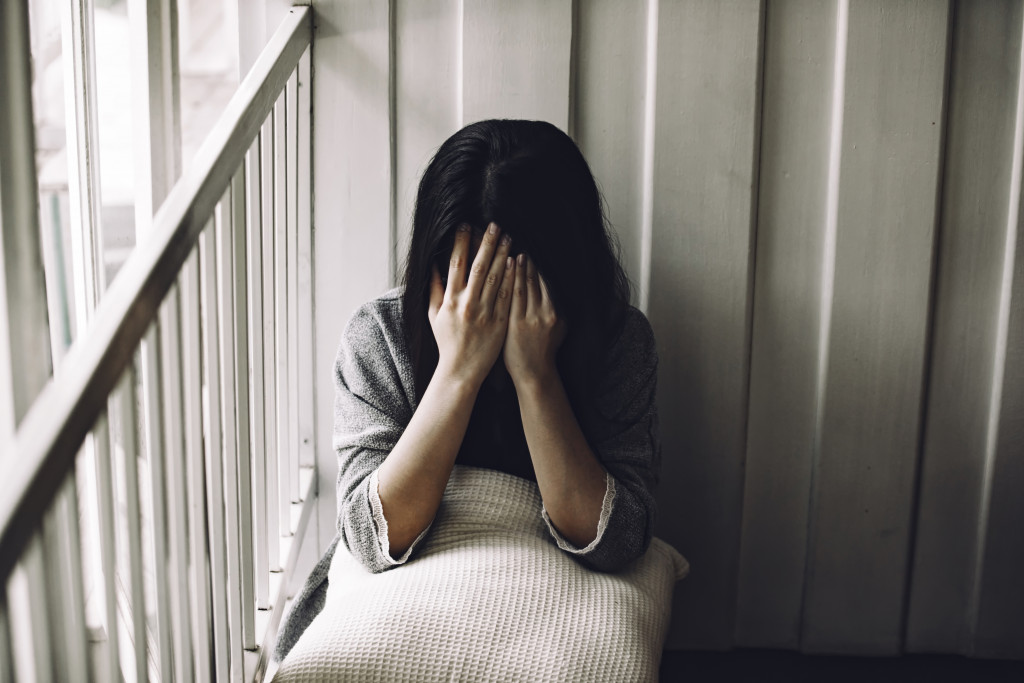Mental health is fundamental to living a balanced and healthy life. According to data, at least one out of five Americans suffers mental health issues equivalent to 40 million adults annually.
A person’s mental health includes his emotional, psychological, and social well-being. It means that your mental health affects how you think, behave, feel, and deal with everyday life. Furthermore, mental health contributes to making decisions, managing stress, and interacting with other people.
Importance of Emotional Health
It’s essential to keep your emotional and mental health in check as these two play a vital role in your life. They have a significant impact on your emotions, thoughts, and behaviors. In general, being emotionally healthy allows you to be productive, creative, and efficient in doing school, work, or daily activities.
Your mental health also impacts your relationships with the people around you. It encompasses how you adapt to the changes in your life and cope with difficulties.
Improving Your Mental Health Every Day
There are ways to keep your mental health improving day by day. Simple activities like exercising, eating nutritious meals, talking to a friend, going on vacation, and staying in touch with your family can all make you emotionally healthy in general.
Being grateful for your life is also an excellent way to be mentally healthy. Take the time to reflect on your life and the things you’re thankful for. Having a roof above your head, eating more than three times a day, a stable job, and having clothes are some of the many things you can be thankful for.
How Do You Know if You Need Help?
It’s not easy for most people to accept that they need help. But acknowledging that your mental health isn’t in its best state and that you need help is the key to fast recovery.
Mental health issues may affect people in various ways. Some people may realize when something is not right with them, while others may need other people’s validation. If there are noticeable changes in how you think, act, or behave, or if your happiness and relationships are starting to hit rock bottom, it’s most likely time to get help.

Interrupted Sleep
Healthy sleep is essential so you can perform your daily tasks efficiently. But when you start to have disrupted sleep too often, it might indicate that your mental health is declining. Poor sleep is often the leading symptom of anxiety or depression.
Change in Appetite
A change in appetite may come in various forms. Some people will start to lose interest in food, while others binge eat and consume large portions. There’s nothing in between. If the usual foodie yet health-conscious you begin to care less about eating right, maybe it’s time to consider asking for help.
It’s vital to address the significant change in your appetite as it might lead to an eating disorder. And when eating disorders are neglected, you might end up in some eating disorder inpatient programs. While it’s not a bad thing at all, it can cause some delays, especially if you have plans you want to accomplish at a specific time.
Loss of Joy
Sure, it’s normal to have a bad day now and then. It happens to everyone, and it’s normal to lose some sense of joy from time to time. But when this happens frequently, to the point where your performance at work gets affected, it’s most likely a sign that you need help.
For example, if you used to be excited about kayaking or swimming but suddenly lost interest in these things, that could be a benchmark that your mental health is unsteady.
Low Energy
Low energy is also a leading symptom of poor mental health. At this point, you will start to withdraw from engaging in activities that you used to enjoy. You no longer have the energy to interact, socialize, work, or do something that will make you happy.
You will find it hard to focus or concentrate on what you’re doing during a mental breakdown. You may even have difficulty in making conversations or finishing a task you have started. If you often feel like you don’t have the energy anymore to get out of bed in the morning, talk to your doctor right away.
Physical Symptoms
When things get worse, it will begin to reflect on your physical appearance, which we call physical symptoms. A person with anxiety or depression will manifest physical side effects like excessive sweating, fast heart rate, headaches, and dizziness. Of course, when these things occur, your work, happiness, and over well-being will be affected.
Due to the recent events, many people’s mental health was severely affected. And it’s sad to think that most of them didn’t seek help to overcome it. Don’t make the same mistake and immediately find help or support so you can live a happy life.




